Skills Aren’t the Issue. Confidence Is.
We often assume that when managers or teams fall short, it’s a skills gap.
But in reality, most people already have the expertise.
The real challenge is confidence.
Confidence is what allows people to use their skills under pressure, to influence others, and to lead in the moments that matter most. Without it, even the smartest professionals can second-guess themselves, hesitate, or stay quiet when their voice is needed most.
How Confidence Challenges Show Up at Work
I see this time and again in agencies and organisations:
Managers avoid tough conversations - they know feedback is needed but struggle to deliver it.
Consultants take the brief instead of shaping it - they have ideas but hesitate to challenge a client.
Leaders waver in decision-making - constant second-guessing leaves teams confused and uncertain.
Teams stay quiet - talented people don’t speak up in meetings, missing the chance to influence outcomes.
The cost of lack of confidence isn’t small. It affects client trust, slows down decisions, undermines performance, and erodes team morale.
Why Confidence Matters More Than Ever
Today’s workplace is high-pressure. Clients expect more for less, deadlines are tighter, and leaders are stretched. In that environment, confidence isn’t just a nice-to-have. It’s essential.
Clients don’t just buy your ideas. They buy your confidence in them.
Teams don’t just follow instructions. They follow your presence and conviction.
Leaders don’t just need skills. They need the courage to use them when the stakes are high.
5 Practical Ways to Build Confidence at Work
The good news? Confidence can be developed. It’s not about bravado or being the loudest in the room. It’s about clarity, presence, and action. Here are five ways to strengthen it:
1. Prepare with Purpose
Confidence often comes from clarity. Before a meeting or presentation, know your key points and the outcome you want to achieve. A clear purpose helps cut through nerves.
2. Reframe Nerves as Energy
That fast heartbeat before a client call? It’s not weakness, it’s your body gearing up. Reframe nerves as energy and channel them into focus.
3. Practise Difficult Conversations
Don’t wait for the moment to arrive. Role-play tough conversations with a peer or coach. The more you practise, the less daunting they feel.
4. Start Small, Build Up
Confidence grows through action. Speak up in a smaller meeting, take on a visible task, or push back once on a minor issue. Small wins build the muscle for bigger moments.
5. Focus on Presence, Not Perfection
You don’t need to have all the answers. Confidence comes from showing up fully, listening, pausing, and speaking with intention. Teams and clients notice calm presence far more than flawless answers.
The Bottom Line
Skills get you in the door. Confidence makes sure you’re heard, trusted, and followed.
When managers and teams learn to build their confidence, they:
Lead conversations instead of reacting to them
Handle pressure with clarity and calm
Inspire trust in both clients and colleagues
And that shift makes all the difference for performance, for culture, and for results.
If your managers or teams need to build their confidence at work, let’s talk. I run practical, high-impact training and coaching programmes that help professionals step into their role with clarity, presence, and conviction.
